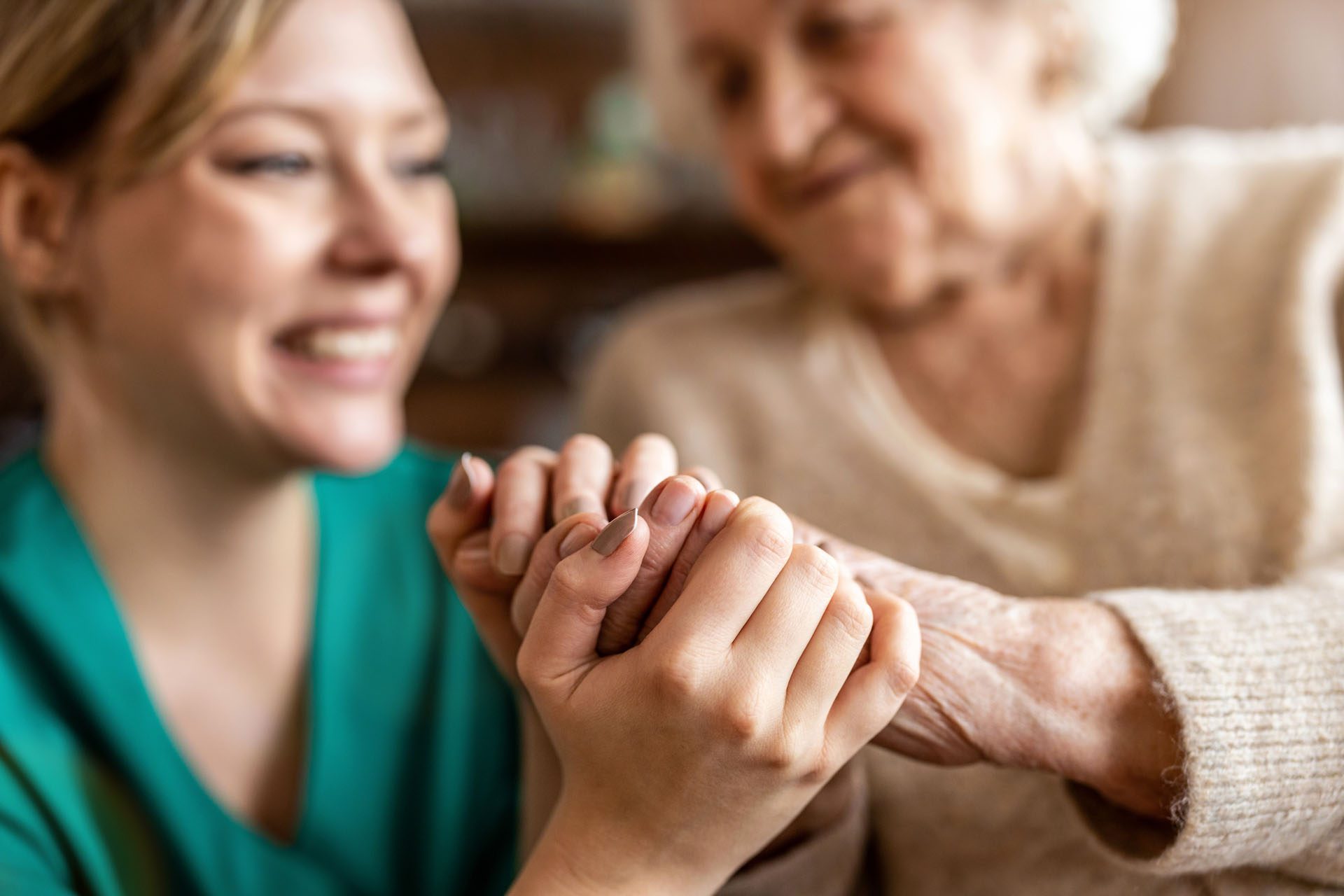The Missing Link in Health: Why Emotional Well-Being and Brain Health Deserve Center Stage
Whole Health, Whole Life: Introducing the GoMo Health Women, Children, and Family Engagement Hub
Too often, health is defined by test results and diagnoses alone. But behind every appointment and prescription are the thoughts, feelings, and experiences that shape how people heal and live. Emotional well-being and brain health are cornerstones of daily functioning, influencing everything from decision-making to chronic disease management. Yet for many women and families, these essential dimensions of health are often overlooked.
Why Emotional and Cognitive Health Matter
Emotional well-being affects nearly every aspect of life. It shapes how people process information, form relationships, and cope with change. These feelings are not just psychological; they create measurable changes throughout the body. Chronic stress, depression, and anxiety are linked to higher inflammation, increased cardiovascular risk, and poorer immune response. According to the World Health Organization (WHO), depression alone is the leading cause of disability worldwide and affects women at disproportionately high rates.1 Emotional challenges become even more pronounced during key milestones in a woman’s life.
From adolescence through menopause and aging, women experience hormonal shifts and life pressures that affect focus, memory, and mental resilience. For example, fluctuations in estrogen and progesterone can influence neurotransmitters that regulate mood and cognition, contributing to forgetfulness, brain fog, and increased vulnerability to depression and anxiety during perimenopause and menopause. In midlife, women are also more likely to balance careers with caregiving responsibilities for children and aging parents, adding chronic stress that can accelerate cognitive decline if left unaddressed.
Nearly two-thirds of Americans with Alzheimer’s disease are women,2 underscoring the importance of early screening, brain health education, and strategies to build cognitive resilience throughout a woman’s life. Supporting cognitive health across these milestones not only helps maintain independence and quality of life but also reduces long-term healthcare costs and caregiver burden.
Everyday Brain Health
Brain health is different than mental health; it also supports a person’s ability to adapt, recover, and thrive. This includes:
- Managing stress in healthy ways
- Developing cognitive resilience to prevent decline
- Forging healthy habits that protect mental clarity, such as getting quality sleep and exercising
- Recognizing early warning signs of distress or burnout
These skills are especially important for women, who often serve as the primary caregivers and health advocates for their families.
The GoMo Health Women, Children, and Families Engagement Hub is designed to place emotional support for women and families at the center of care. The results speak for themselves:
- Maternal child health programs:
- 62% improvement in managing stress and anxiety during pregnancy and postpartum
- 60% increase in prenatal appointment adherence
- 56% improvement in maternal confidence managing their health
- 28% reduction in NICU admissions for enrolled families
- Caregiver programs:
- 74% decrease in feelings of isolation, reflecting stronger social and emotional support
- 72% improved readiness to care for their loved ones
- 35% reduction in depression symptoms, demonstrating improved caregiver mental health outcomes
BehavioralRx®, our proprietary science of personalized engagement, powers these results by aligning each interaction with emotional and cognitive motivators. When people feel understood and supported, they are more likely to keep appointments, follow care plans, and build healthier habits.
A Lifespan Approach to Women’s Brain Health
Emotional well-being and brain health deserve proactive attention at every stage of life. For adolescents, this means learning coping strategies and building self-esteem early. For women of reproductive age, it involves understanding how hormonal shifts can affect mood and mental health. During menopause and later years, it’s about recognizing the signs of cognitive decline and accessing resources that help maintain quality of life and slow progression.
When care systems prioritize these needs, they can deliver more human-centered support that empowers women and strengthens families.
Health equity is not complete without a commitment to emotional well-being and brain health. By putting these priorities front and center, health plans, providers, and employers can foster a culture of care that supports the whole person, not just their symptoms. Supporting the emotional health of women and families is not optional; it is the essential link to truly integrated care that improves outcomes and quality of life for everyone.
Explore how the GoMo Health Women, Children, and Families Engagement Hub integrates emotional support and cognitive health at every stage. Learn More
References:
- World Health Organization. Depression. https://www.who.int/news-room/fact-sheets/detail/depression
- Alzheimer’s Association. 2024 Alzheimer’s Disease Facts and Figures. https://www.alz.org/media/documents/alzheimers-facts-and-figures-2024-r.pdf







Find Us Online